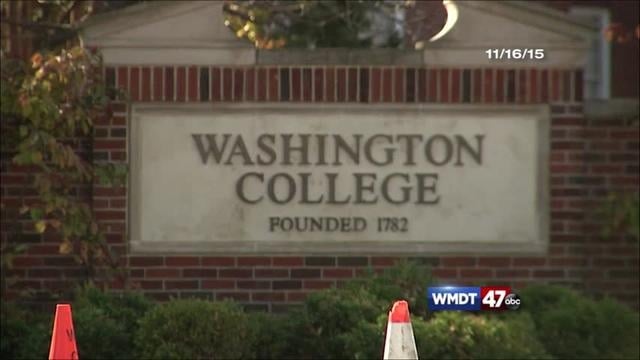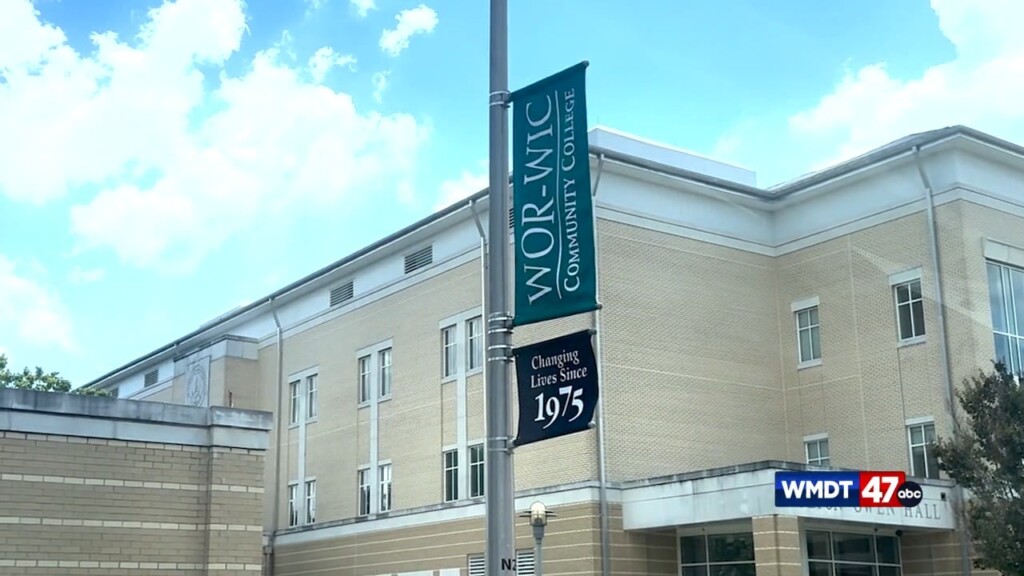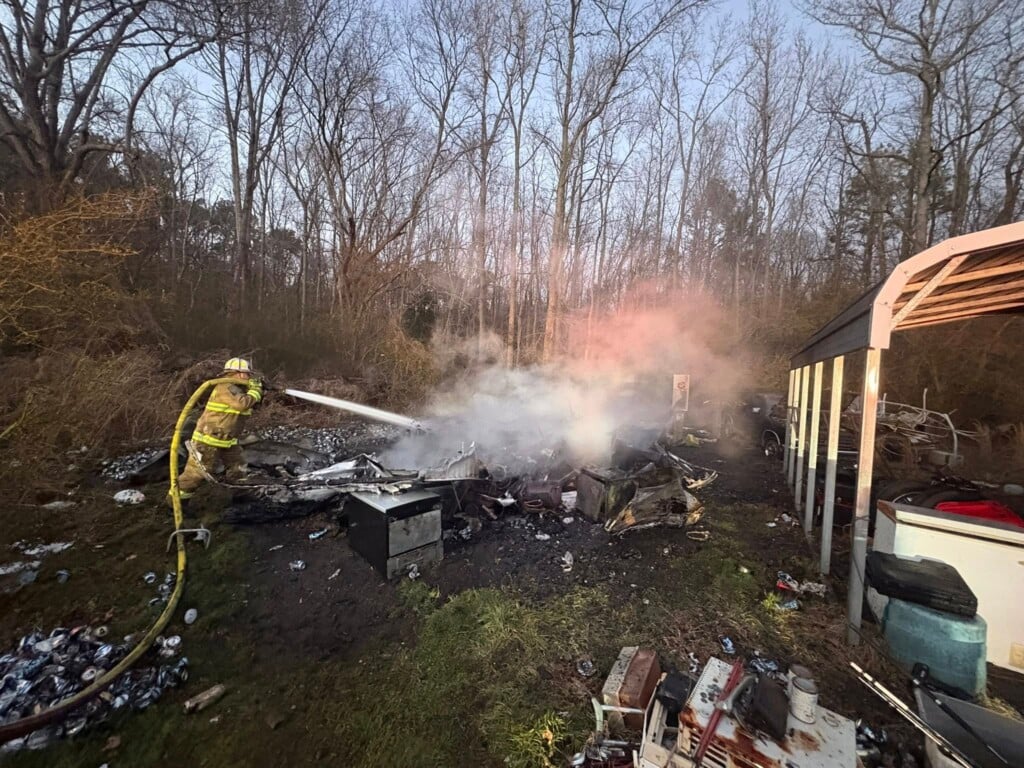Del. officials announce five-year effort to improve water and wastewater systems
NEWARK, Del. – Governor John Carney announced on Wednesday that Delaware state agencies will begin accepting applications to loan or grant money for drinking water and wastewater system improvements around the state, with the capacity for historic levels of investment in water infrastructure from the federal Bipartisan Infrastructure Law and the Clean Water Trust.
Cities, towns, counties, water companies, and communities are eligible to apply for funding from the federal government to the existing Drinking Water State Revolving Fund and the Clean Water State Revolving Fund.
With Delaware’s $315 million for clean water and drinking water from the federal Bipartisan Infrastructure Law, more money will be available for the next five years for the types of water and wastewater projects typically financed by the funds, and with dedicated funding for disadvantaged communities, to address emerging contaminants such as PFAS, and to find and replace or remove lead water lines or water line components. We’re told the state’s water systems are not known to have many lead water lines, but the funding can be used for a federally required inventory of systems for any lead lines and components that must be completed by October 2024, as well as any needed replacements.
In the 2022 round of annual loans and grants, Delaware communities will get access to:
- $29 million for the general Drinking Water fund projects, including source water protection, treatment, storage, distribution, cybersecurity, and sustainable energy projects, which is almost three times as usual
- $16.5 million for the general Clean Water fund projects, including wastewater treatment plant upgrades, septic elimination projects, and sewer interceptor rehabilitation, which is about twice as much as usual
- $28 million specifically for lead service drinking water line identification and, if needed, replacement, which is new dedicated funding
- $8 million for projects to address PFAS or other emerging contaminants in drinking water or wastewater systems, which is also new dedicated funding
Officials say that of the traditional project lines and the lead pipe replacement lines, 49% of the fund must be provided as forgivable loans or grants to communities that qualify as disadvantaged.
The federal funding will work in conjunction with the state’s Clean Water Trust, which was created in 2021 to plan and deploy water investments from multiple funding sources. Because of the five-year increase in infrastructure funding from the federal government, the state water loan programs are urging potential applicants to consider the next several years of improvements and to potentially apply for planning grants this year that could turn into infrastructure projects that need to be funded in future years.



